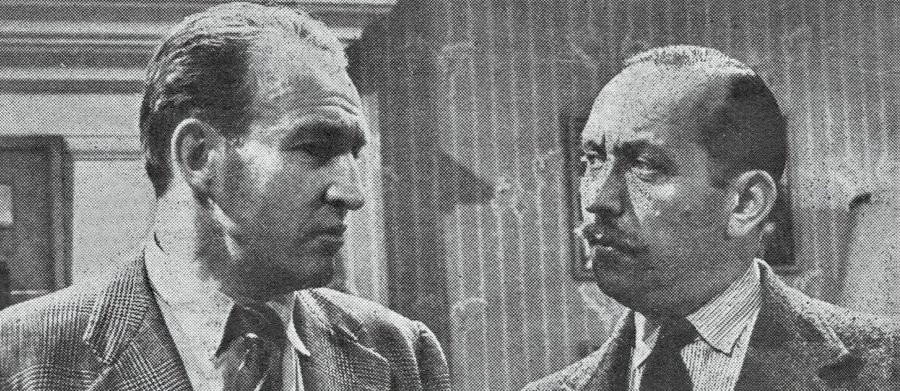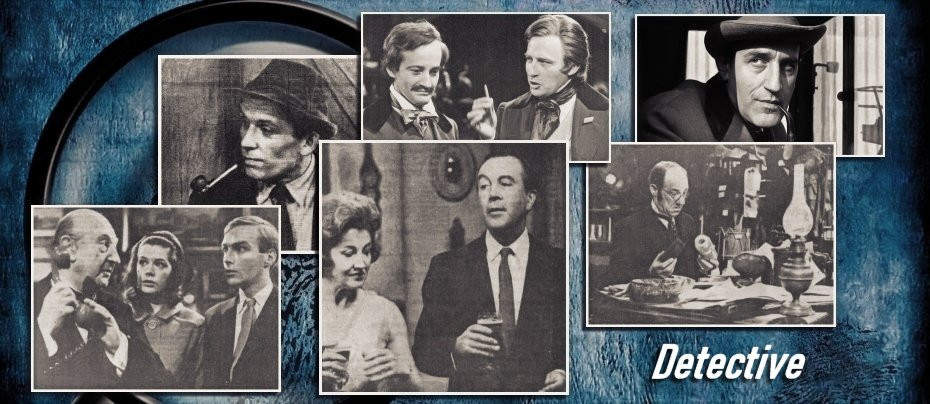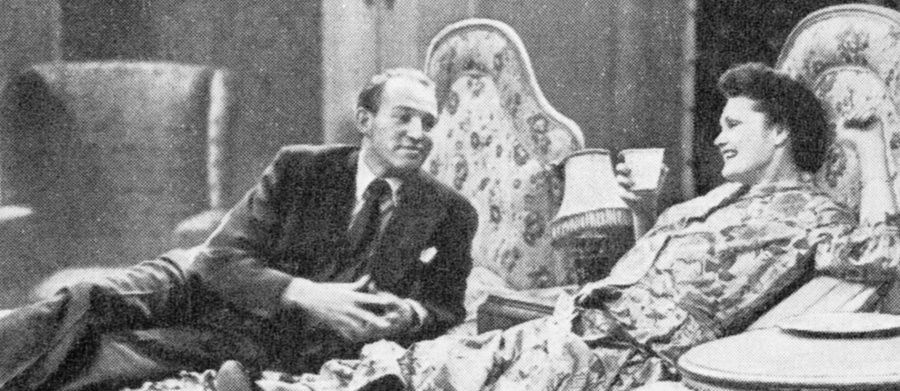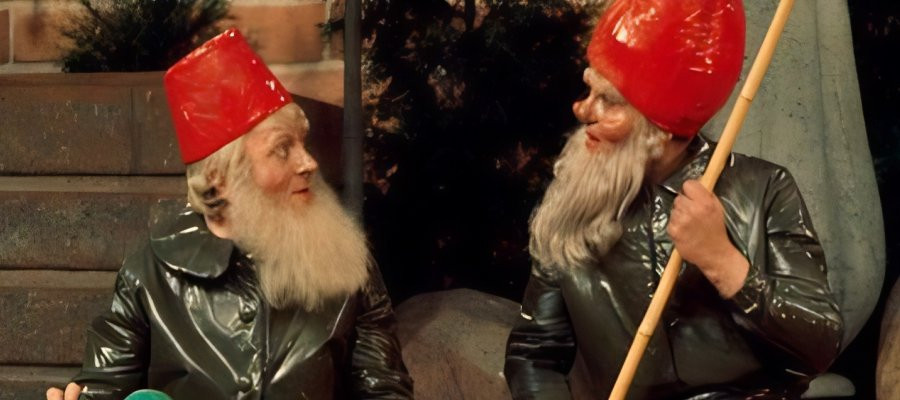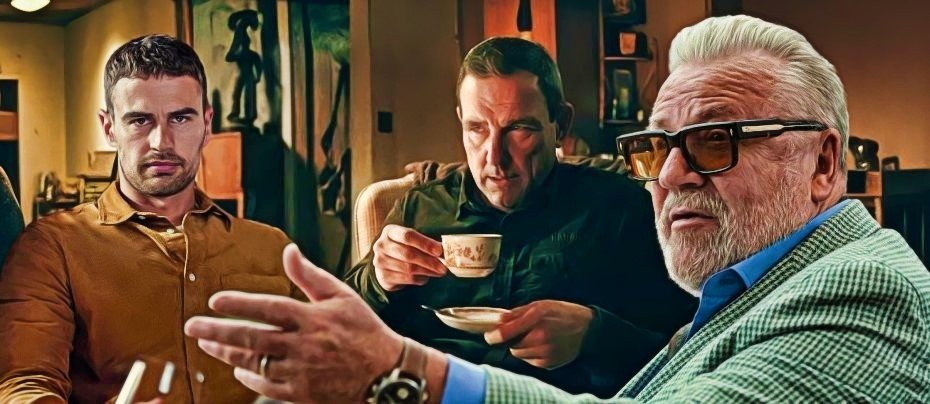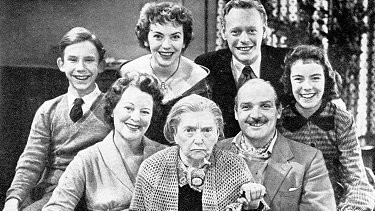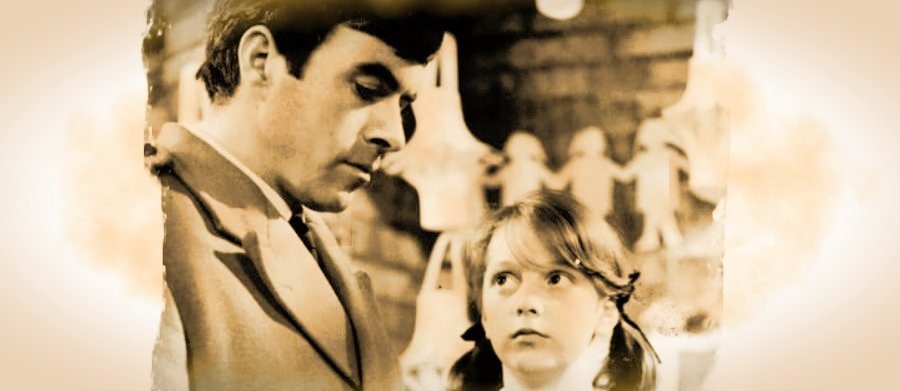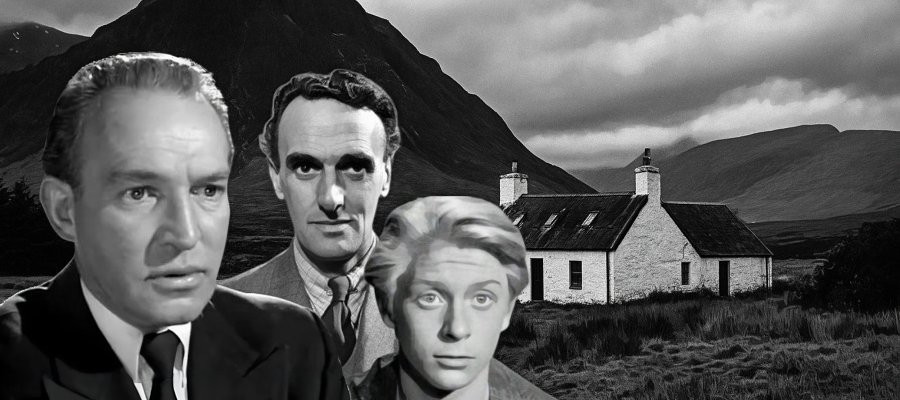
The Three Hostages
1952 - United KingdomJohn Buchan’s The Three Hostages (1924) marked the fourth adventure in the Richard Hannay series. Hannay had first appeared nine years earlier in The Thirty-Nine Steps. At his debut, Hannay was thirty-seven, newly returned from South Africa, where he had lived since the age of six after his father took him abroad, but now restless and dissatisfied with the monotony of London society. He was on the verge of abandoning England altogether when fate drew him into a conspiracy designed to ignite a European war.
During the affair he made the acquaintance of two men who were to feature prominently in his later adventures: MacGillivray of Scotland Yard and Sir Walter Bullivant (later Lord Artinswell), Permanent Secretary to the Foreign Office. At the start of the story, Hannay takes a commission and heads off to fight in the First World War.
In the second story, Greenmantle, Hannay, now a Major with a distinguished service record, undertakes an intelligence job in the Middle East. This story introduces another character who will be pivotal in this and future stories; Colonel Ludovick Gustavus Arbuthnot, commonly referred to as 'Sandy'.
In Mr. Standfast, Hannay, now a highly decorated Brigadier, meets his future wife, Mary. He is seconded to the Foreign Office for a job of anti-espionage under the alias of Cornelius Brand, a name he will use again in the following story.
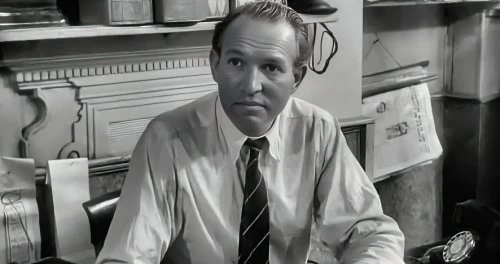
The Three Hostages marks a shift in the Richard Hannay series from wartime espionage to the unsettling uncertainties of the post-war world. Retired from active service, Sir Richard Hannay is now living peacefully with his wife and their young son in the English countryside. That calm is shattered when he is called upon once again to confront a new and insidious threat.
The novel’s central crisis arises from the kidnapping of three individuals: Adela Victor, the daughter of a wealthy American banker; Lord Mercot, a young aristocrat; and Davie Warcliffe, a schoolboy. Their abduction is the work of a secret criminal organisation that seeks to exploit the disorientation of a society still reeling from the Great War. The mastermind behind the plot is Dominick Medina, a celebrated poet and politician whose charm conceals a ruthless ambition. Medina’s weapon is not brute force but psychological domination—he is a master hypnotist who bends others to his will.
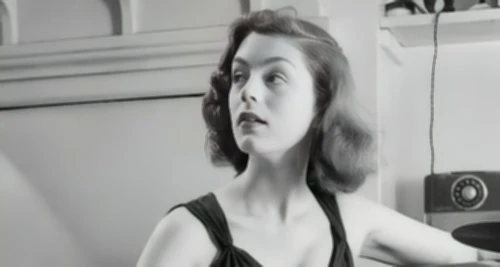
Hannay is drawn into the case when the authorities, recognising his unique blend of courage and intuition, ask him to track down the hostages. A cryptic poem provides the only clue, and Hannay must rely on his wits, his wartime comrades, and his wife’s steady support to unravel its meaning. The investigation takes him from London drawing rooms to the Scottish Highlands, where the final confrontation unfolds.
The climax pits Hannay directly against Medina. Despite repeated attempts to break Hannay’s will through hypnotism, the villain fails to corrupt him. In the Highlands, Medina’s schemes collapse, and he meets his end in a dramatic fall—an ironic punishment for a man who sought to dominate others from above. The hostages are freed, and Hannay returns to his family, his sense of duty once again fulfilled.
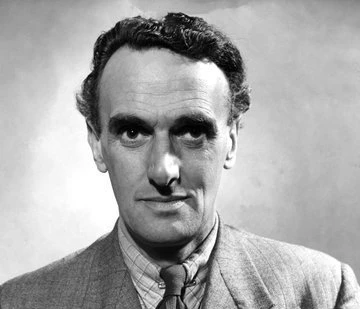
In June 1952, the BBC started a six-part serialisation of The Three Hostages adapted for television by C. A. (Caroline Alice) LeJeune, a British writer best known for serving as the film critic for The Observer from 1928, making her one of the first British women in the profession. In the post-war years she was also a television critic for a time, and she had previously adapted books for the medium, writing scripts for the BBC's Sherlock Holmes television series (1951).
In 1952, she wrote an accompanying Radio Times article for The Three Hostages explaining that in adapting the book for television 'it has been necessary to take a few liberties with the text' (much as Hitchcock did for the 1935 film version of The Thirty-Nine Steps, a pioneering example of the “man-on-the-run” thriller—a template eagerly embraced by later filmmakers as a staple plot device). LeJune apologised to the ‘stout followers of Buchan. The greatest liberty, perhaps, is in bringing the story up to date; in playing it after the last war instead of the 1914-18 war. Our excuse for this is that the author's ideas were so far-sighted, so very much ahead of their times, that to date the story back, to give it the faded look of yesterday, would seem in some sort to be a betrayal. His widow, Lady Tweedsmuir, confirms me in the impression that we are not falsifying her late husband's purpose by turning his imaginative story into a current adventure.'
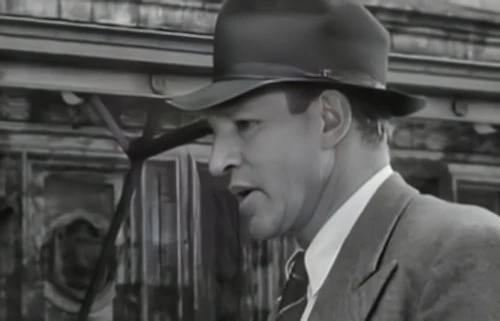
Patrick Barr (Crown Court) starred as Sir Richard Hannay, John Laurie (Private Fraser in Dad's Army) was Inspector MacGillivray, Michael Gwynn (Lord Melbury in Fawlty Towers) was Sandy and Rita Webb appeared briefly as a shopkeeper. The cast also featured Peter Rendall, Jill Melford (Crossroads), Robert Scroggins (The Adventures of Sir Lancelot), Stuart Douglass (who only appeared in one other production before the former newspaperman and relief television announcer turned full-time writer and penned episodes of, among many others, Sergeant Cork, The Flaxton Boys and New Scotland Yard), and the prolific character actor Brian Oulton (too many to mention).
No reviews of The Three Hostages were found in the newspaper articles for June and July 1952 and no photographs have been found from available sources. The series does not exist in the BBC archives. The BBC adapted the story again in 1977 as an 85-minute film with Barry Foster as Hannay.
Seen this show? How do you rate it?
Seen this show? How do you rate it?
Published on November 1st, 2025. Written by Laurence Marcus for Television Heaven.


